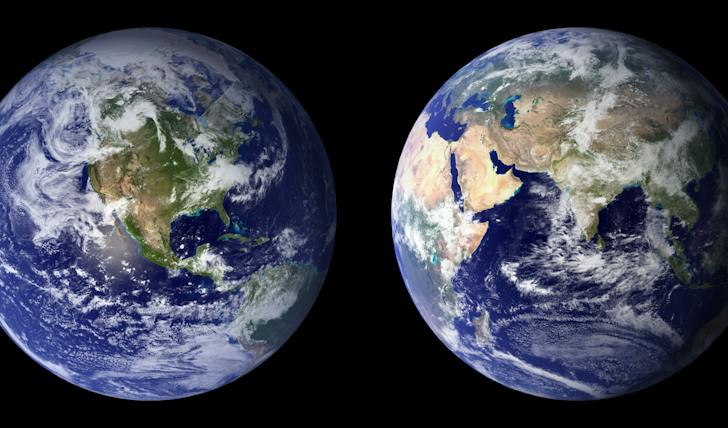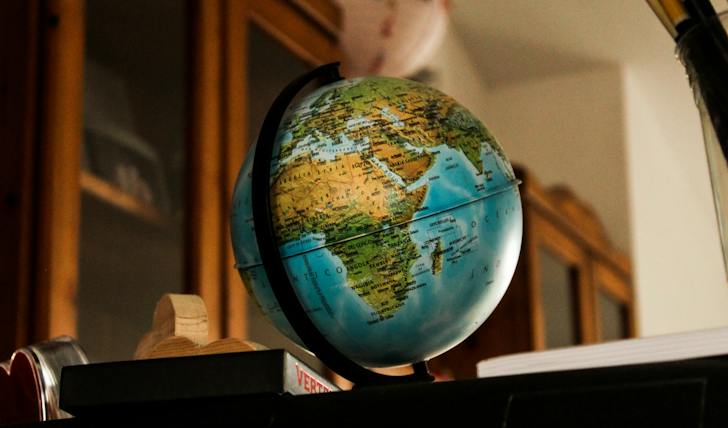Imagine if someone told you that your daily activities could literally move the Earth. Sounds like a superhero plot, right? But a recent study suggests something startlingly similar. Between 1993 and 2010, Earth’s tilt shifted by a notable 31.5 inches. And the cause? Our collective thirst for groundwater.

Tapping the Earth: The Role of Groundwater Withdrawal
Groundwater, hidden beneath our feet in vast natural reservoirs called aquifers, is a critical resource. It quenches the thirst of billions and irrigates our farmlands. However, our reliance on this unseen treasure has had an unforeseen consequence.

To put that in perspective, it is enough water to fill around 860 million Olympic-sized swimming pools, as highlighted by The Washington Post.
A Rising Concern: Aquifers to Oceans
This extraction is not just a matter of depleting hidden water sources. It is a global-scale redistribution of weight. Just like adding or removing weights from a spinning top can change its balance, extracting water from the ground and eventually transferring it to the oceans is affecting the Earth’s rotation and axis.
The study found that this massive amount of groundwater withdrawal corresponds to a global sea-level rise of about a quarter-inch. It is a significant figure, considering that much of this water is primarily used for irrigation. Eventually, this makes its way to the oceans, altering their volume and mass distribution.
The Wobble Effect: A Spinning Earth in Flux
The journal Science’s news section offers a vivid analogy: Earth, like a spinning top or a basketball, twirled on a finger, wobbles slightly as its weight distribution changes. This “wobble” is not just a quirky trait of our planet. It is a delicate balance that is being altered.

In this case, the Earth also behaves somewhat like a water balloon. So, this redistribution of mass is not just a geological phenomenon. It is a testament to human impact on a planetary scale.
A Wake-Up Call: Rethinking Water Use
This study serves as a wake-up call. Our planet is a complex, interconnected system, and our actions have far-reaching consequences. The shift in Earth’s tilt is a stark reminder of this fact. It is not just about conserving water or worrying about rising sea levels. Instead, it is about understanding our role in the Earth’s delicate balance.
As we continue to draw water from the ground at rates faster than nature can replenish, we are not just risking the depletion of an essential resource. We are also inadvertently tinkering with the very mechanics of our planet. The study underscores the need for sustainable water management practices, not just for our immediate needs but for the long-term health of our planet.
So, the revelation that human activities, specifically the extraction of groundwater, can alter the Earth’s tilt is both fascinating and alarming. It is a stark illustration of our interconnectedness with the planet we inhabit.




